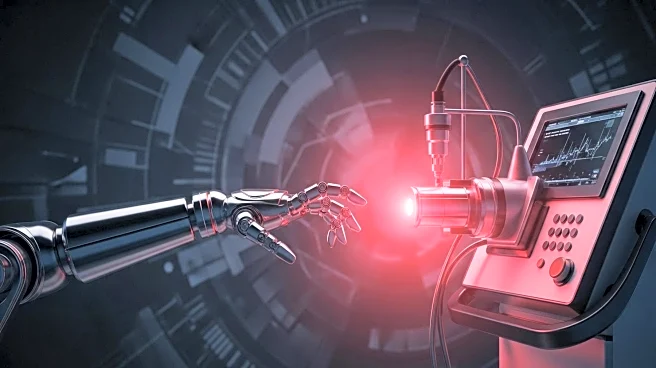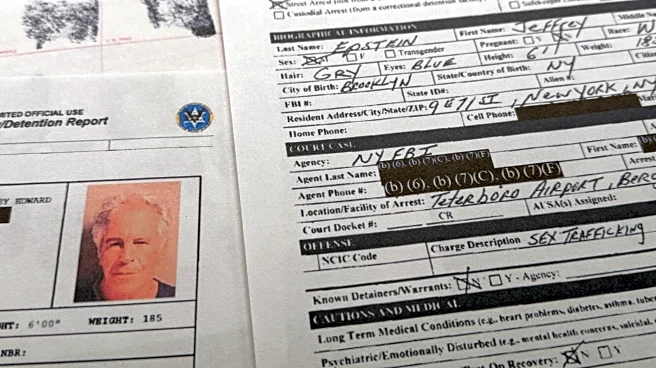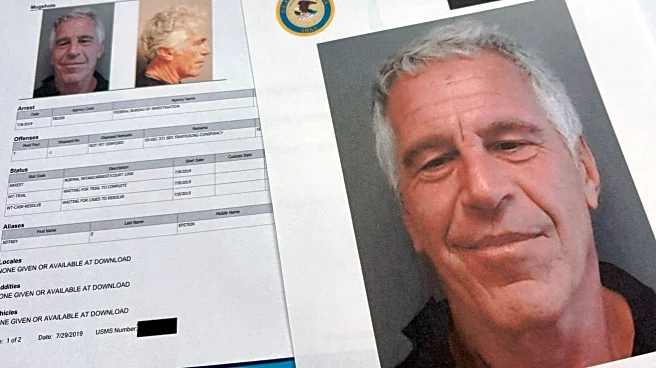What is the story about?
What's Happening?
The Trump administration has initiated national security investigations into imports of robotics, industrial machinery, and medical devices, potentially leading to new tariffs. These investigations, conducted under Section 232 of the Trade Expansion Act, aim to assess whether such imports threaten U.S. national security. The scope includes personal protective equipment like masks and gloves, as well as medical devices such as pacemakers and insulin pumps. The Department of Commerce is seeking input from companies on their demand projections and the impact of foreign supply chains. This move could result in tariffs designed to boost domestic production of critical goods.
Why It's Important?
The expansion of tariff investigations to include medical devices and robotics highlights concerns over U.S. reliance on foreign supply chains for essential goods. Potential tariffs could increase costs for hospitals and patients, affecting access to critical medical equipment. The investigations reflect broader national security concerns and the administration's focus on reducing dependency on overseas suppliers. Industries such as healthcare and manufacturing may face significant challenges as they adapt to potential changes in import costs and supply chain dynamics.
What's Next?
Stakeholders in the medical and robotics industries are expected to provide feedback on the investigations, influencing potential tariff decisions. Companies may explore strategies to increase domestic production or seek exemptions from tariffs. The administration's focus on national security could lead to further trade measures affecting other sectors. Ongoing negotiations with international partners may also shape the outcome of these investigations and future trade policies.

















